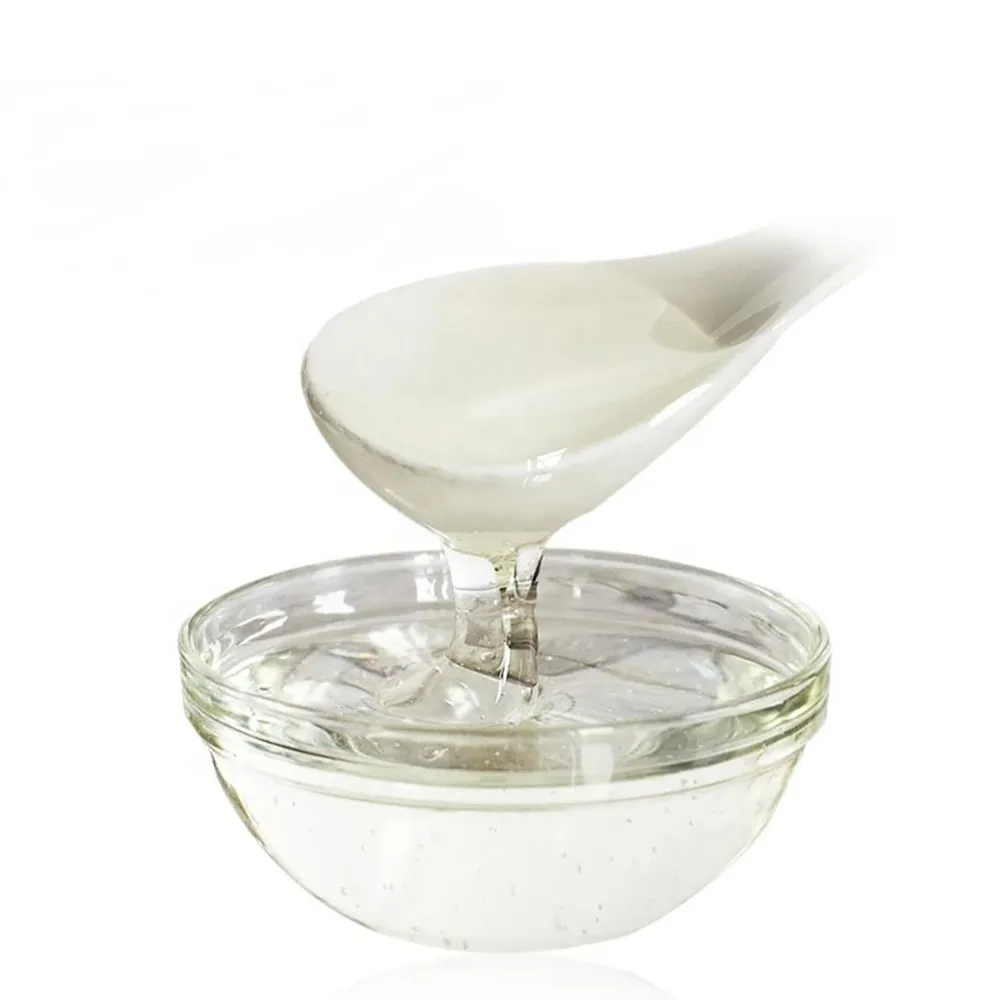
| Glycemic Index | Glycemic Load |
100.0
|
77.0
|
The glycemic index (GI) of rice syrup equals to 100.0, which classifies it as a high GI food. The glycemic load (GL) of rice syrup is equal to 77.0, which classifies it as a high GL food.
| Nutrition Facts | |
| Calories (kcal) | 311.0 |
| Carbohydrates (g) | 77.0 |
| Proteins (g) | 0.5 |
| Fats (g) | 0.2 |
100 grams of rice syrup contain 311.0 kcal (1301 kJ), 0.5 grams of proteins, 77.0 grams of carbohydrates, and 0.2 grams of fats.
Rice syrup is a sweetener made from cooked rice, often brown or white. It has been used in Asian cuisine for centuries and recently gained popularity as an alternative to refined sugar. Rice syrup contains complex carbohydrates, small amounts of protein and fat, calcium, iron and other minerals. Pros: Rice syrup is high in manganese which helps support bone health; it breaks down slower than refined sugars so there is less potential for spikes in blood glucose levels; its mild flavor can be easily incorporated into recipes without overpowering the taste of other ingredients; it’s vegan-friendly. Cons: Rice syrup may contain arsenic due to absorption through soil by the growing rice crop; some brands are highly processed with added artificial flavors and colors – these should be avoided if possible; since it’s still a form of sugar people who have diabetes need to take caution when using this product as part of their diet plan. Overall, while rice syrup does contain some nutritional value compared to traditional forms of sugar such as sucrose or fructose – ultimately choosing any type of sweetener should only be done selectively and sparingly given that no one food source will provide all the nutrition your body needs!